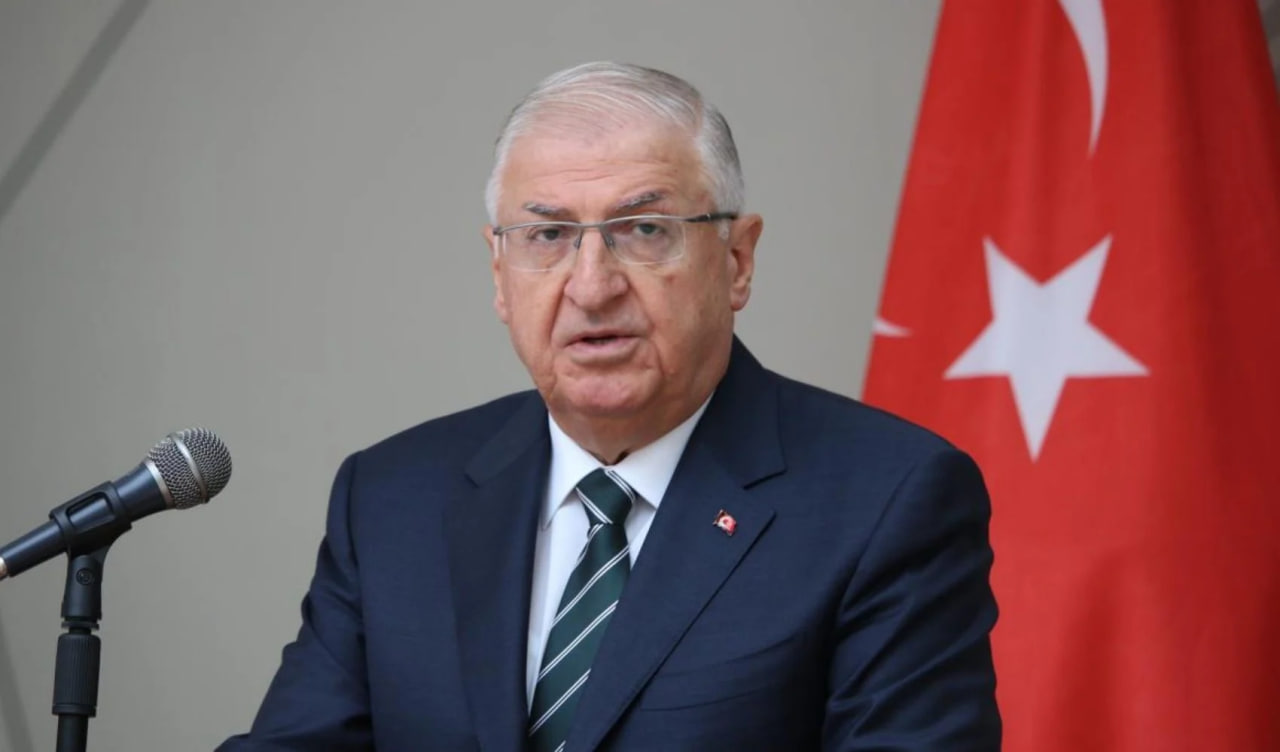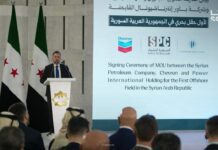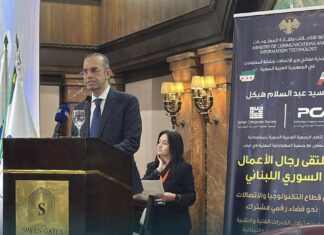
Efforts to normalize relations between Turkey and the Assad regime in Syria are facing significant challenges as Russia intensifies its mediation efforts to ensure stability in the region. These diplomatic maneuvers come at a time of heightened tensions as the US continues to push forward anti-Assad legislation.
Russia has been actively engaged in diplomatic efforts to prevent Syria from becoming embroiled in a broader conflict between Iran and Israel. Following the assassination of Hamas leader Ismail Haniyeh in Tehran last month, Iran has vowed retaliation, raising concerns among international actors, including Russia. Moscow fears that any escalation involving Syria could undermine its influence in the region, particularly as Iranian-backed groups have been mobilizing in southern Syria.
In response, Putin has taken a proactive approach, advising Assad to distance himself from Iran’s agenda and to focus on the regime’s internal regional interests. Putin has also encouraged Assad to engage with Turkey, a key regional player with whom Damascus has had strained relations since the Syrian civil war erupted in 2011.
Russia’s efforts are aimed at ensuring that Assad remains neutral in the escalating conflict between Iran and Israel, and at preventing any actions that might provoke a military response from the US or Israel against Assad’s regime. This includes curbing Iranian influence in Syria, particularly in the eastern regions, where alleged Iranian-backed tribal fighters have clashed with US-aligned forces.
Turkey, which has maintained a military presence in northern Syria, has set clear conditions for any normalization with the Assad regime. Turkish Defense Minister Yaşar Guler recently stated that Ankara would not consider withdrawing its forces from Syria until a new constitution is agreed upon, elections are held, and border security is guaranteed. Guler’s comments indicate Turkey’s insistence on securing its national security interests before any further diplomatic progress can be made.
Turkish President Recep Tayyip Erdogan has also expressed a willingness to engage in dialogue with Assad, but only if core issues, including Turkey’s military presence in Syria, are addressed. However, Assad has been resistant, demanding the complete withdrawal of Turkish forces as a precondition for any talks.
Meanwhile, in the United States, efforts to pass anti-Assad legislation have faced significant obstacles. The proposed Anti-Normalization with Assad bill, which aims to prevent the US from recognizing or normalizing relations with any Syrian government led by Assad, has encountered delays in Congress. The bill, which builds on the existing Caesar Act, seeks to impose sanctions on entities that support the Assad regime, including those involved in humanitarian aid misappropriation and property confiscation.
Despite widespread support in the House of Representatives, where the bill passed with an overwhelming majority, it has been stalled in the Senate. Democratic Senator Ben Cardin, influenced by concerns that the bill could hinder humanitarian efforts in Syria, has played a key role in blocking its progress. This has sparked frustration among Syrian-American activists who have been lobbying for the bill’s passage.
The ongoing negotiations around the bill reflect broader uncertainties in US policy toward Syria, particularly as the Biden administration balances its approach between pressuring Assad and avoiding further entanglement in the region. Activists remain optimistic that the bill will eventually pass, whether before the upcoming US elections or under a new administration.
As Russia continues its diplomatic efforts to mediate between Turkey and the Assad regime, the outcome of these talks remains uncertain. Turkey’s firm stance on its security conditions and the US’s ongoing legislative efforts to isolate Assad complicate the path to normalization. Meanwhile, Russia’s focus on maintaining its influence in Syria, particularly as it grapples with challenges closer to home in Ukraine, underscores the fragile nature of the current geopolitical landscape in the Middle East.








